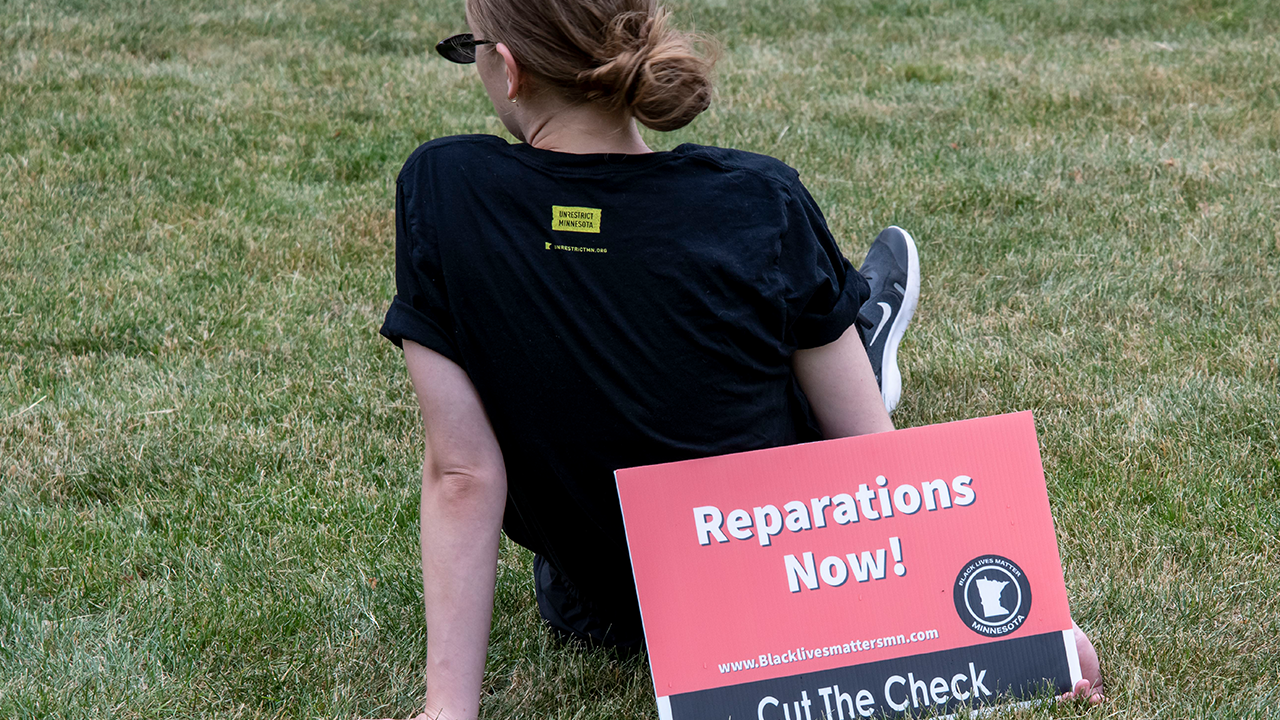President Biden is currently under increasing pressure to take action in support of reparations for Black Americans as a means of addressing historical injustices. The movement for reparations is gaining traction at both the state and local levels, with more communities considering payment proposals. At the federal level, lawmakers have introduced their own measures, including a $14 trillion bill proposed by Rep. Cori Bush. Additionally, several Democrats in Congress have backed a bill to establish a commission that would study and develop reparations proposals. Despite these initiatives, Biden has remained largely silent on the issue, leading to frustration among activists and some members of Congress.
Reparations activists have been urging the Biden administration to use executive authority to establish a federal reparations commission, given the lack of progress in Congress. Racial justice groups and Democrats have long called for the establishment of a national reparations commission through executive order. In December, Rep. Sheila Jackson Lee emphasized the need for an acceptance of the history and experiences of African Americans. Earlier this year, over 200 faith leaders sent a letter to Biden, urging him to establish a reparations commission by executive order before Juneteenth.
Civil rights leaders and descendants of slaves have criticized Biden for his inaction on reparations. The White House has not provided a comment clarifying Biden’s position on the matter, but it has indicated that he supports studying potential reparations for Black Americans, stopping short of endorsing specific legislation.
Pressure on Biden and the White House is likely to intensify as more localities join the movement for reparations. Ann Arbor, Georgia’s Fulton County, and New York City are among the places actively considering reparations. New York recently passed a bill to create a commission to study the effects of slavery and racial discrimination in the state. California’s reparations task force has released its recommendations, proposing various policies and monetary reparations to address historical injustices against Black Americans.
While critics argue that reparations proposals are financially unmanageable and do not make sense, the task force in California estimated a minimum harm amount of at least $1 million per eligible Black Californian. The task force also recommended non-monetary measures, such as ending the prosecution of low-level crimes and mandating anti-bias training in medical school.
Evanston, a suburb of Chicago, has become the first city to implement reparations, allocating $10 million over 10 years for the initiative. The city has already begun disbursing $25,000 payments to qualifying Black residents, with more expected to receive reparations this year. San Francisco is also exploring the possibility of funding a similar policy.
Overall, the movement for reparations is gaining momentum across the country at both the state and local levels, with activists and lawmakers pressing for action to address historical injustices against Black Americans. The pressure on President Biden to take meaningful steps on the issue is mounting.
Denial of responsibility! VigourTimes is an automatic aggregator of Global media. In each content, the hyperlink to the primary source is specified. All trademarks belong to their rightful owners, and all materials to their authors. For any complaint, please reach us at – [email protected]. We will take necessary action within 24 hours.


